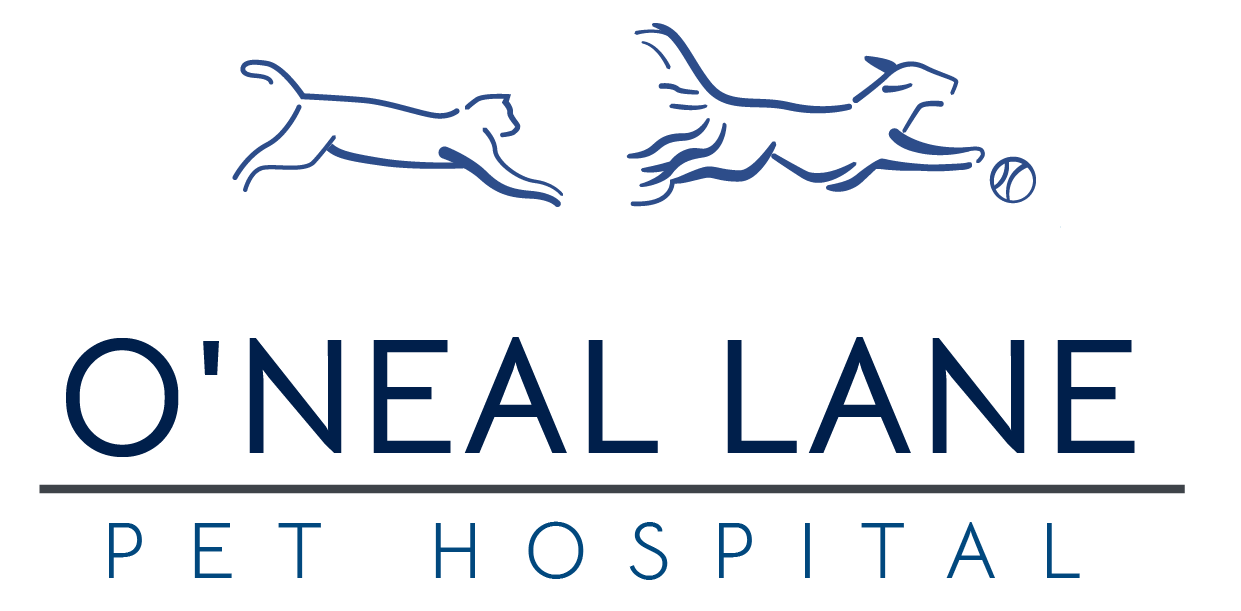Dogs and Cancer
Cancer is terrifying to think about, especially when it has to deal with your pet. Your pets can’t tell you when something might be feeling off with them. They may even seem perfectly healthy leading you to suspect nothing! It’s devastating, and, as many dog owners have experienced, our canine friends are not exempt from the various forms of the disease.
Fifty percent of dogs over the age of 10 develop cancer at some point during their lives. Some of the most common forms include malignant lymphoma (a tumor of the lymph nodes), mast cell tumors (a form of skin cancer), mammary gland tumors (breast cancer), bone cancer, and soft-tissue sarcoma.
Signs of cancer in dogs
Similar to humans, sometimes dogs with cancer present with a general malaise or fatigue. They just don’t seem to feel well and might not be acting like themselves. And, while many symptoms that could mean cancer usually can mean a multitude of other conditions, here are a few specific signs to watch for in your dog:
- Weight loss and/or loss of appetite
- Difficulty exercising or loss of stamina
- Wounds that don’t heal
- Persistent lameness or stiffness
- Difficulty eating or swallowing
- Swelling that doesn’t go away or gets worse
- Difficulty breathing, urinating, or defecating
- Bleeding or discharge from any body opening (often accompanied by an unpleasant odor)
Preventing cancer in dogs
Sometimes, there’s no avoiding cancer. Some breeds, like golden retrievers, boxers, flat-coated retrievers, and Bernese Mountain dogs are at higher risk than other breeds. But, there are some steps you can take to help reduce your pet’s risk:
- Spay or neuter your dog early. In female dogs, you can dramatically reduce the risk of breast cancer by spaying before the first heat.
- Take good care of your dog’s teeth. Good oral hygiene can reduce your pet’s risk of developing oral cancer.
- A healthy diet and plenty of exercise go a long way. Just like humans, dogs that are active and eat right are prone to fewer diseases than their unhealthy counterparts.
Preventing cancer is difficult because the causes of many cancers are unknown. By promoting a healthy lifestyle and identifying and treating health issues early through regular veterinary care, you’ll give your pup the best chance at a long, healthy, happy life.
November is National Pet Cancer Awareness Month. If your pet isn’t acting like himself, contact us.
